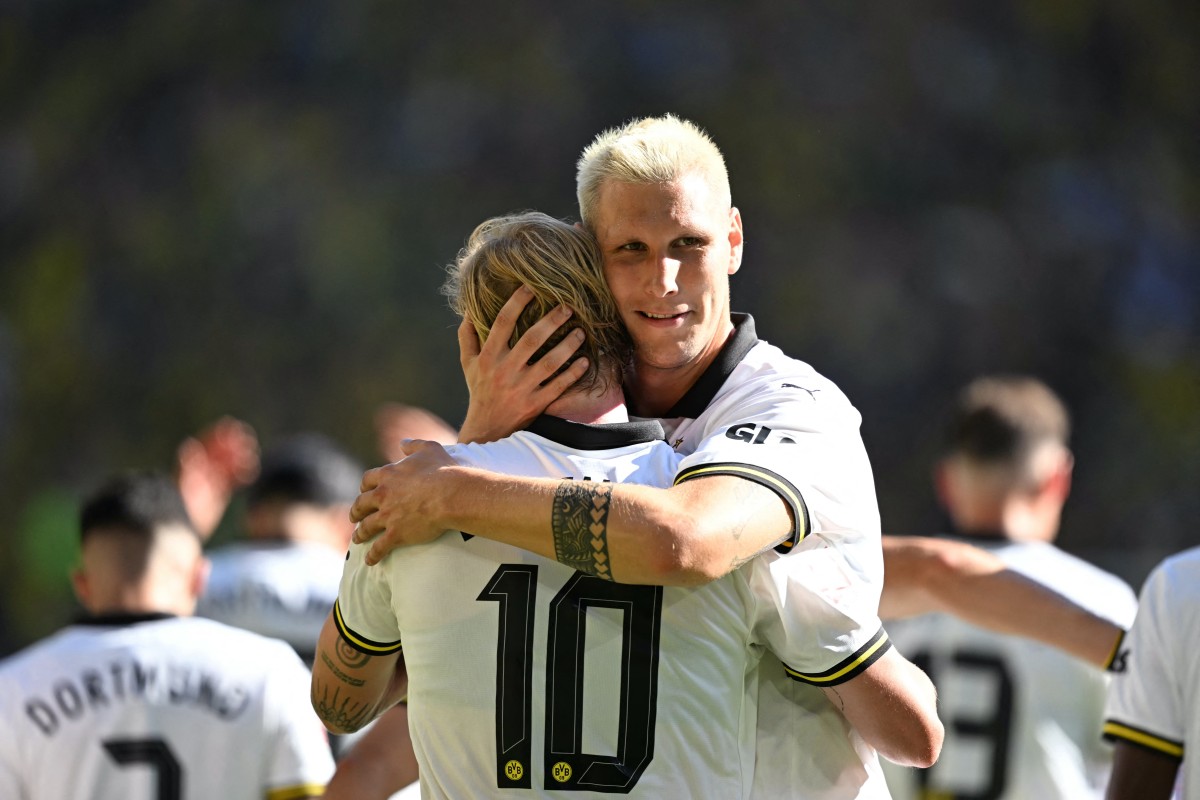Borussia Dortmund, a Bundesliga football club, recently announced a record-breaking turnover figure of 509.1 million euros for the last season, excluding transfer fees. This marked a 24 percent increase from the previous season, with their surprise run to the Champions League final being a major contributing factor. Despite finishing fifth in the Bundesliga, Dortmund’s success in reaching the final boosted their income, along with increased TV revenue and merchandising sales.
Club boss Hans-Joachim Watzke expressed his satisfaction with the results, highlighting the significance of this achievement in his 20th annual press conference. The actual revenue could be even higher, as Dortmund sold English midfielder Jude Bellingham to Real Madrid for 103 million euros during the reporting period. As the only German club listed on the stock market, Dortmund will pay a dividend of six cents per share as a result of their record-breaking financial performance.
German football clubs, including Dortmund, adhere to the 50+1 rule, which ensures that members have control over the club and limits outside investment or ownership. This rule has been instrumental in maintaining the traditional ownership structure of clubs in Germany. Dortmund’s financial success demonstrates the effectiveness of their business model and the stability provided by the 50+1 rule in the German football landscape.
The photo captured Dortmund’s German midfielder Julian Brandt being celebrated by his teammate after scoring a goal in a pre-season friendly match against Aston Villa FC. This match was held in Dortmund, western Germany, and showcased the talent and skill of Dortmund’s players. Brandt’s performance, along with the rest of the team, contributed to their success both on and off the field, exemplifying the club’s strong competitiveness and financial growth.
Dortmund’s impressive financial results underscore their ability to compete with Europe’s elite clubs, despite not winning the Champions League. Their increased revenue and strategic business decisions have positioned them as a formidable force in German and European football. The club’s commitment to member control and responsible financial management has enabled them to thrive in a competitive market, setting a strong example for other clubs to follow.
In conclusion, Borussia Dortmund’s record turnover figure reflects their success both on and off the pitch, with significant growth in revenue and a strong financial performance. Their adherence to the 50+1 rule has been a key factor in their stability and success, ensuring that the club remains in the hands of its members. Dortmund’s achievements in the Champions League and their strategic business decisions have solidified their position as a top club in Europe, with a promising future ahead.











